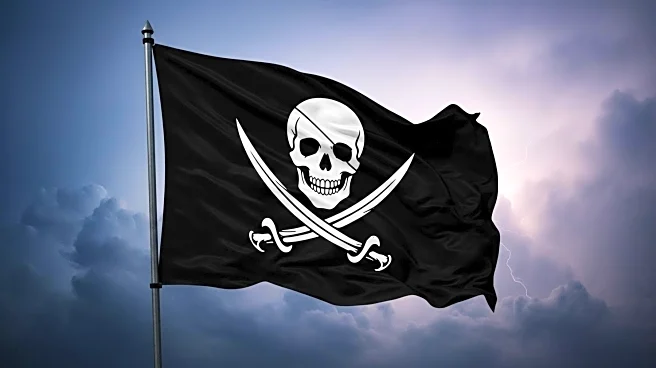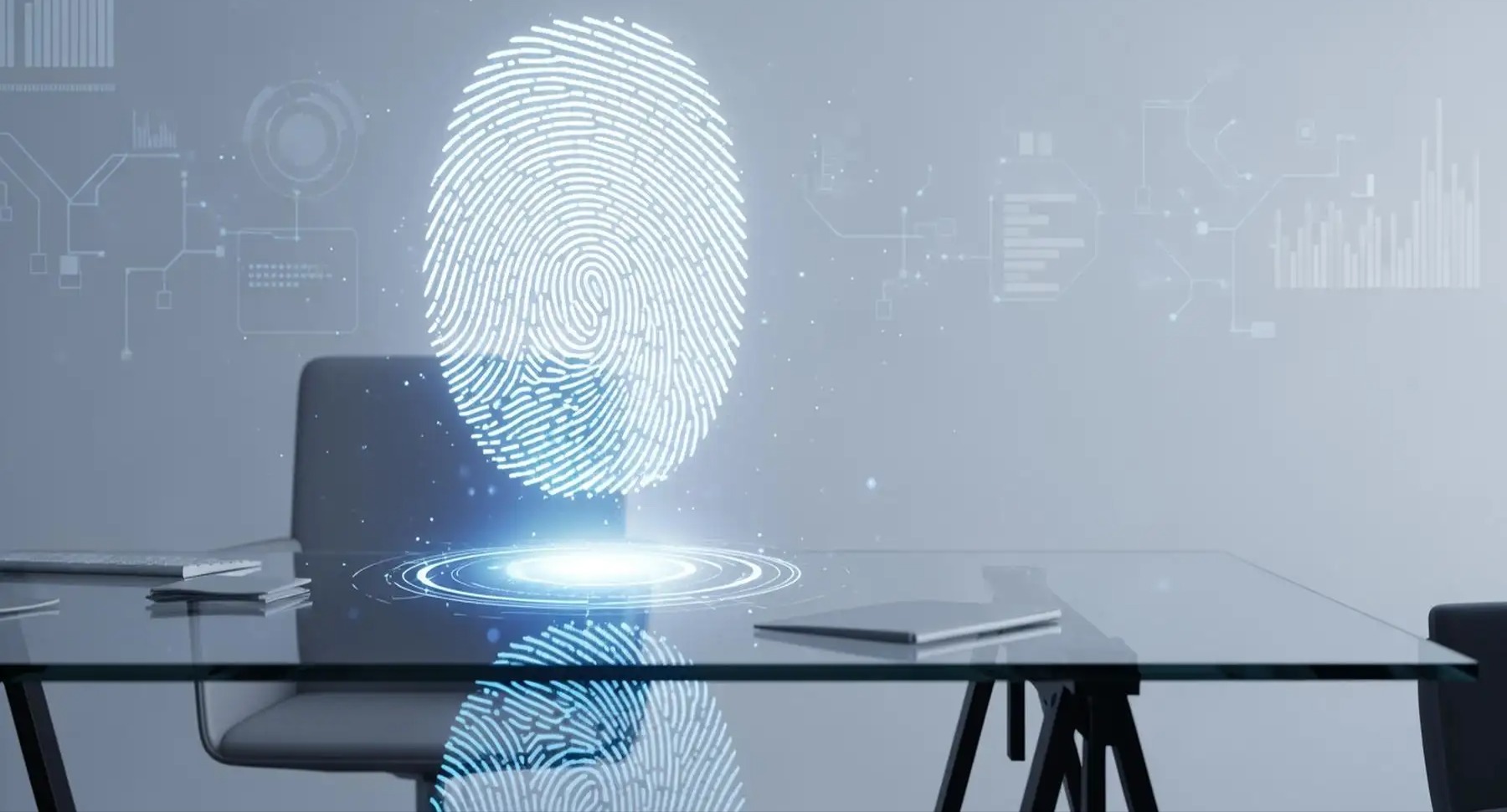What's Happening?
The 'One Piece' pirate flag, originally from a Japanese manga series, has become a symbol of resistance among Gen Z activists worldwide. The flag, featuring a Jolly Roger with a straw hat, has appeared in protests from Indonesia to Nepal, symbolizing defiance against corruption and inequality. The manga series 'One Piece,' created by Eiichiro Oda in 1997, follows the adventures of Monkey D. Luffy and his crew as they challenge a corrupt world government. The series has sold over 500 million copies and generated significant revenue through merchandise. The flag's adoption by protesters reflects its narrative of resilience and freedom, resonating with young people facing political challenges.
Why It's Important?
The use of the 'One Piece' flag by Gen Z activists highlights the growing influence of pop culture in political expression. This trend signifies a shift in how younger generations communicate dissent, using cultural symbols that transcend traditional political boundaries. The flag's widespread adoption underscores the digital upbringing of Gen Z, who leverage social media to share and amplify their messages globally. This form of protest, relying on shared cultural references, allows for solidarity across diverse political systems, challenging governments' ability to suppress dissent without appearing authoritarian.
What's Next?
The continued use of the 'One Piece' flag in protests may lead to increased scrutiny from governments, potentially resulting in crackdowns that could further amplify its symbolic power. As the flag gains recognition, it may inspire similar uses of pop culture symbols in other movements, fostering a global network of youth-led resistance. The adaptability of such symbols suggests that future protests will increasingly rely on cultural icons to convey political messages, potentially reshaping the landscape of activism.
Beyond the Headlines
The adoption of the 'One Piece' flag reflects a broader trend of integrating entertainment and politics, where cultural icons become tools for expressing identity and resistance. This phenomenon raises questions about the role of media in shaping political discourse and the potential for cultural symbols to influence real-world change. As pop culture continues to intersect with activism, it may challenge traditional notions of political engagement and inspire new forms of protest.











